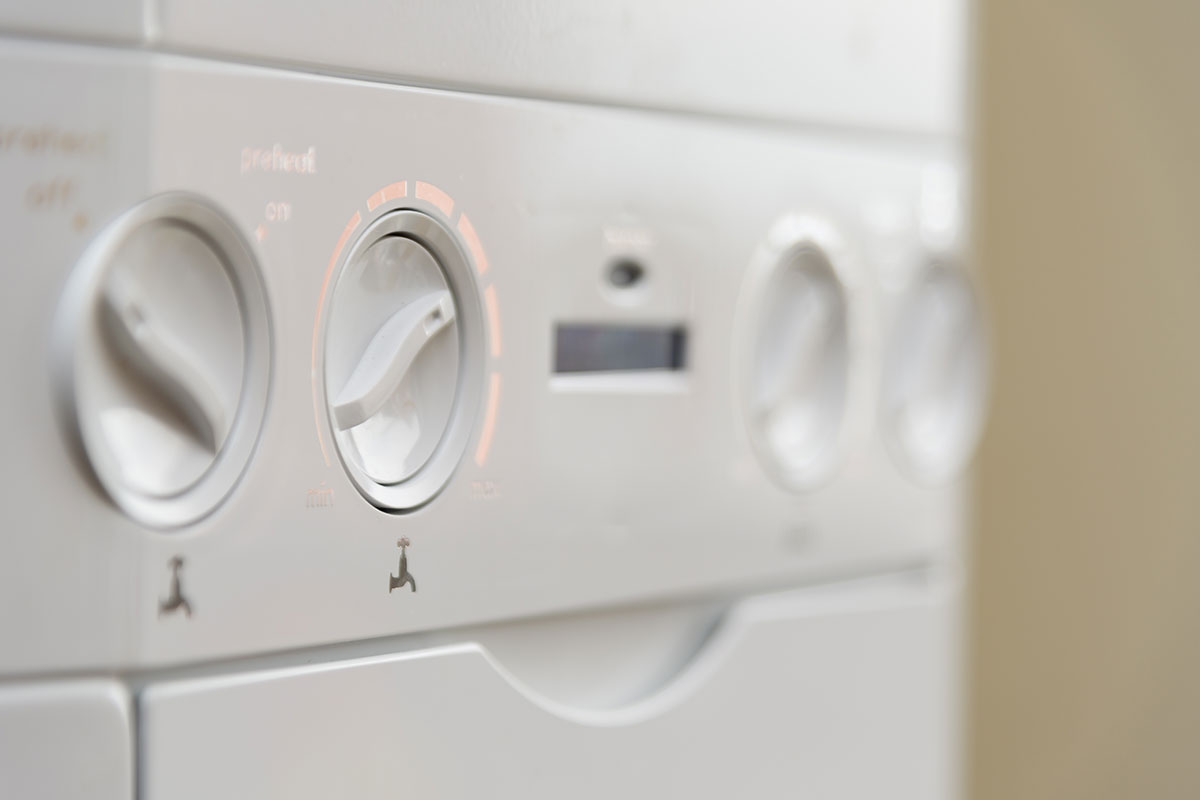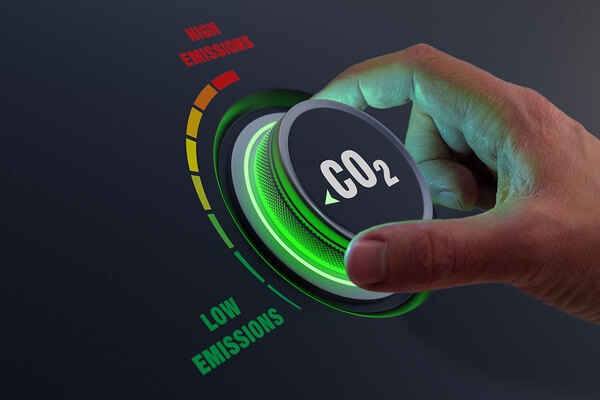Future Homes Standard wait ‘detrimental’ to low-income families and housing associations, committee warns
Failing to introduce the Future Homes Standard earlier will be “detrimental” to families on low incomes and to developments by housing associations, MPs have warned.
In a report published today by the Business, Energy and Industrial Strategy (BEIS) Committee, members said that the Future Homes Standard was a key policy and that delays in implementing it would create “additional and unnecessary costs”.
The report, titled Decarbonising heat in homes, looked at the government’s Heat and Buildings Strategy but concluded that the “long overdue” strategy “failed to provide sufficient policy detail or clarity on delivery”.
On the Future Homes Standard, the committee raised concerns that the government does not intend to publish it until 2025 and said it is “unnecessary” to wait that long.
The Future Homes Standard is a key policy in the Energy White Paper.
It aims for new build homes to be fitted with low-carbon heating and high levels of energy efficiency to ensure that homes built to the new standard will be “zero carbon ready” and have 75% to 80% lower carbon emissions than those built to current standards.
But the committee said waiting to implement the standard will require homes built between now and 2025 to be upgraded to low-carbon heating systems with “additional and unnecessary associated costs”.
The report said: “Considering the government aims to build one million homes in this parliament alone, which will be heated by fossil fuel heating systems, it is naive to assume that these homes will not need to be retrofitted at significant cost.
“This will be particularly detrimental to families on low incomes and to developments by housing associations.”
Elsewhere in the report, the committee said that if the government failed to do more to reduce carbon emissions from home heating, it will not reach its net zero target.
Home heating is currently responsible for about 14% of the UK’s carbon emissions.
The UK has a target of achieving net zero carbon emissions by 2050, but the BEIS Committee said that the government is “not yet on track to deliver on its own targets and more urgent changes are required”.
It said that an “ineffective historic heating policy” and the “absence of a clear, strategic policy direction” for low-carbon heating has created confusion and uncertainty in the transition to low-carbon heating.
The government published its long-awaited Heat and Buildings Strategy in October, which aimed to set out a strategic direction for the decarbonisation of housing and other buildings in England as it transitions towards a net zero economy.
It laid out its intention of moving away from gas and towards lower-carbon alternatives, such as heat pumps and heat networks.
Along with bringing in the standard earlier, the committee has made several recommendations, including launching a public campaign to make consumers aware of what needs to be done and working collaboratively to produce an “effective roadmap” detailing how the transition to low-carbon heating will take place.
Homes in the UK are expected to be decarbonised by one of three low-carbon technologies: heat pumps, hydrogen, and/or heat networks. This is alongside insulation upgrades.
The government has a target of delivering 600,000 heat pumps a year by 2028. The committee said it is “vital” that it reaches this target to achieve net zero by 2050.
It recommended that the government introduces a “heat decarbonisation sector deal to sufficiently scale up the heat pump market”.
It should also regulate heat networks, which supply heat from a central source directly to homes through a network of pipes. The Climate Change Committee suggests that around 19% of UK heating will need to come from heat networks by 2050.
Darren Jones, chair of the BEIS Committee, said: “Replacing gas boilers is a huge task and we are not making anywhere near enough progress. As it stands, we will miss our net zero target.
“The government must act urgently to help speed up delivery and support bill-payers and workers who will be affected by the change.”
Mr Jones added that people are currently “deeply worried” about their energy costs, with many struggling to afford to heat their homes.
“Most people don’t realise that their gas boiler will need to be replaced within the next 10 to 15 years,” he said.
A government spokesperson said: “Our landmark Heat and Buildings Strategy provides a clear and comprehensive plan for cutting emissions from the UK’s homes, with plans to incentivise people to install low-carbon heating systems in a simple, fair and cheap way, including £5,000 grants for heat pumps.
“With industry we are aiming for big cost reductions of between a quarter and a half by 2025 as the heat pump market expands and technology develops.
“In total, we’re investing £6.6bn this parliament to decarbonise our buildings, saving people money on their bills and slashing pollution in the process.”
Sign up for our daily newsletter
Already have an account? Click here to manage your newsletters
Sign up to The Retrofit Challenge Summit
A must-attend one-day summit for all those involved in the large-scale retrofitting of UK homes.
Join us on 24 March 2022 at the second annual Retrofit Challenge Summit, which will equip you with knowledge to fund, plan, procure and deliver retrofit projects at pace, at scale and right first time.






